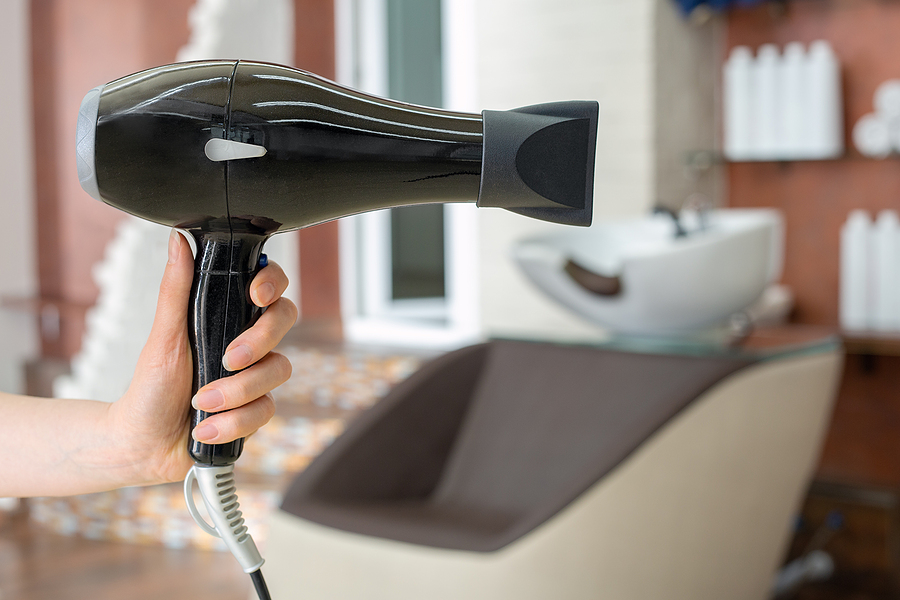Air purifiers have become a common household and office-based item across the globe. The reasons for this being the multiple health benefits that come with having cleaner air in your work or home space. The air quality rating in urban areas around the world is becoming poorer due to the rise in environmental pollutants. Factory smoke, traffic fumes, dust, smoke, pet hair, and other airborne allergens are just some of the many culprits that these purifiers keep at bay. The size and type of purifiers used by consumers will vary depending on several factors related to the needs of the house or workspace. If you are in the market for an air purifier, or you are perhaps looking to upgrade your current device, this discussion might be of interest to you.
What Is An Air Purifier?
Table of Contents
Air purifiers are devices that use special filters to remove harmful pollutants from the air and improve the overall quality of breathing. With the increase in urbanization, comes an increase in environmental pollution due to factors such as more factories, traffic, and pesticides. These pollutants can cause a myriad of negative health consequences for people such as asthma, respiratory, and cardiovascular conditions. It is said to be the reason behind as many as 3.4 million deaths per year. Air pollution is especially more of a risk to people who are already ill, making their health outcomes more severe. The home experts at How To Home tell us all about the different sized purifiers that suit varying household needs. For instance, a small, residential apartment will require a different air filter system from that of large, corporate office space. The types of filtering technology each system uses will also differ and have an impact on the strength of protection the device provides.
AQI Rating System
The international rating system for pollution is known as the Air Quality Index (AQI). This ranges from 0 to 500, with zero being no pollution present, and 500 being the maximum level of pollution possible. Good air quality is anything between 0 and 50, moderate being between 50 and 100, and anything above 100 is considered a concern to health in varying degrees, increasing as the level gets higher and particularly to sensitive groups. Anything over 300 is considered extremely hazardous for everyone. China, Bangladesh, Afghanistan, and India all have AQI levels of over 300.
Asthma And Other Respiratory Illnesses
For sufferers of asthma and other respiratory diseases, air purifiers can be life-changing home adaptations. Asthma and the alike are often exacerbated by the irritants in the air caused by pollution. Exposure to these pollutants irritates the lung lining, causes it to swell, and has an impact on breathing, the immune system, and overall lung health. Asthma is particularly prevalent in children living in urban areas with poor air quality. Air purifiers help to manage this through the function of filtering as well as sanitizing the particles in the air.
Harmful Chemicals
Unfortunately, the environment in which we live, particularly if in dense-urban areas, contains many harmful chemicals. These are emitted from the materials used to build our homes, paint our walls, spray our farms, and clean our surfaces. In the past, many buildings and homes used a chemical called asbestos in the ceilings, which is no longer as popular but the substance is not entirely banned. Long-term inhalation of it can have dire consequences on lung health. Of course, we cannot forget the major contributors such as factory smoke and vehicle fumes, especially bad in certain countries where there are high levels of overpopulation, and factory production is the main contributor to the nation’s GDP.
Skin and Eczema
Not only can cleaner air contribute to better outcomes for your lung health, but having an air purifier in your home can help improve your skin health. With fewer pollutants in your sleep space, there is less cause for skin irritation, inflammation, and blocking of pores. Toxins in the air also contribute to a faster skin aging process, as well as skin sagging. Allergens in the air settle into your skin and cause it to become aggravated. Other skin conditions it can help include psoriasis and excessive dryness too.
Sleep
Air purifiers can improve your life by enhancing your sleep. Due to their effect on humidity and removing odors and pollutants, one can get far better rest. Leading neuroscientist Matthew Walker published the book ‘Why We Sleep’ in late 2017. The book covers the latest research and evidence regarding the importance of sleep and the serious negative consequences of sleep disorders and impediments. Sleep is responsible for the recovery and growth of various parts of the human body. It is a requirement for learning, improves your fitness levels, makes you appear more attractive to other humans, and rebalances the stress system.
On top of these benefits, sleep reduces and prevents various diseases (such as cardiovascular and Alzheimer’s disease) and cancer, strengthens your immune system, and boosts vital hormone levels. Walker enjoys reminding high-powered male CEO’s that their testosterone levels are much lower than males who get adequate sleep, to encourage them and their employees to sleep more and prevent the glamorization of little sleep in the workplace. So if your air purifier is improving your sleep by creating an air environment that is conducive to better sleep, then it could be improving your performance and physical health through your sleep quality.
The air quality in the spaces we occupy has a major impact on our health. While it is difficult to control the impact of the air quality outdoors, indoors, where we spend the bulk of our time, is an environment that is more in our control. Air purifiers are popular devices for the technology they use by filtering and cleaning the air in a space, improving the overall quality. This has been shown to have significant health benefits in a range of areas, from sleep to skin to lung health and more.
Image Source: BigStockPhoto.com (Licensed)
Related Categories: Health, Reviews







